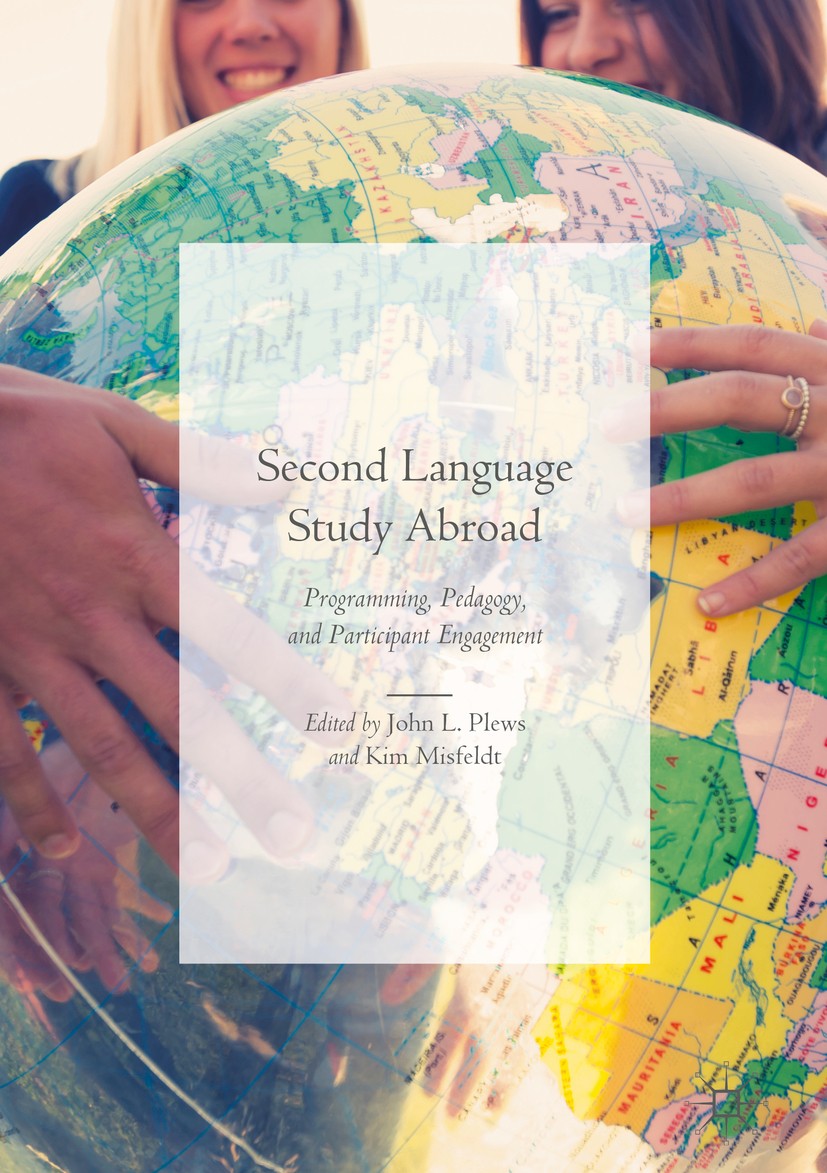| 书目名称 | Second Language Study Abroad |
| 副标题 | Programming, Pedagog |
| 编辑 | John L. Plews,Kim Misfeldt |
| 视频video | http://file.papertrans.cn/864/863153/863153.mp4 |
| 概述 | Emphasizes theoretical and practical curricular and pedagogical means of attaining study abroad learning objectives.Discusses programs and participants concerning various source and receiving countrie |
| 图书封面 |  |
| 描述 | This edited volume explores studying second languages abroad by critically and constructively reviewing established programming, providing theoretical and research-informed support for pedagogical and curriculum interventions, and analysing participant experiences. Over 12 chapters the contributors examine key issues including teaching approaches, learning activities, and relationships in the target language and culture. This book is most distinct in its attempt to promote diversity in approaches and experiences while drawing the common thread of learner- and learning-centredness through each chapter. The contributing authors represent a wide range of academies and discuss study abroad programs and participants in diverse cultural and geographic regions. The book’s international scope will acquaint educators and researchers with a broad variety of practices, stimulate comparison across contexts, and promote innovation.. |
| 出版日期 | Book 2018 |
| 关键词 | language teaching; second language (L2); study abroad (SA); multilingualism; bilingualism; intercultural |
| 版次 | 1 |
| doi | https://doi.org/10.1007/978-3-319-77134-2 |
| isbn_softcover | 978-3-030-08378-6 |
| isbn_ebook | 978-3-319-77134-2 |
| copyright | The Editor(s) (if applicable) and The Author(s) 2018 |
 |Archiver|手机版|小黑屋|
派博传思国际
( 京公网安备110108008328)
GMT+8, 2026-2-9 11:05
|Archiver|手机版|小黑屋|
派博传思国际
( 京公网安备110108008328)
GMT+8, 2026-2-9 11:05


